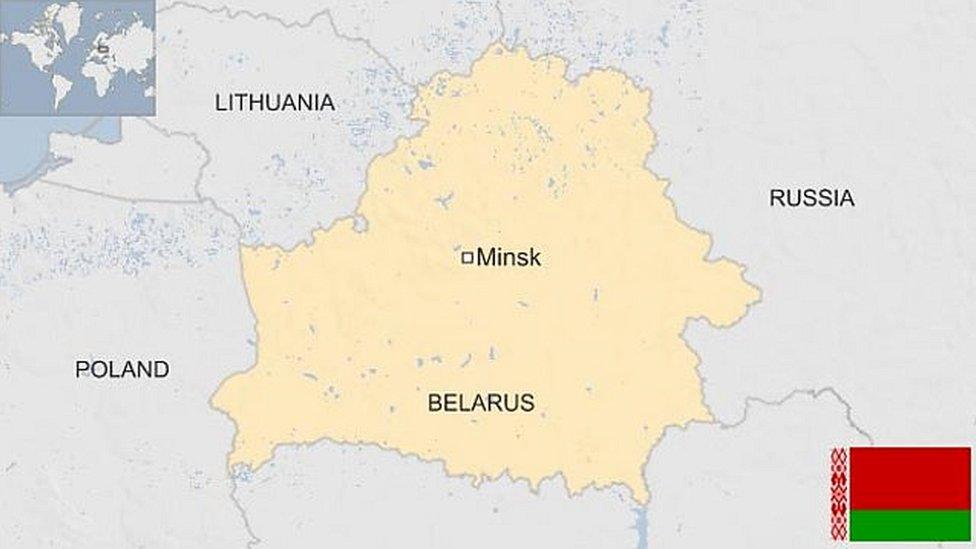Belarus election: Opposition sceptical of chances in parliamentary vote
- Published
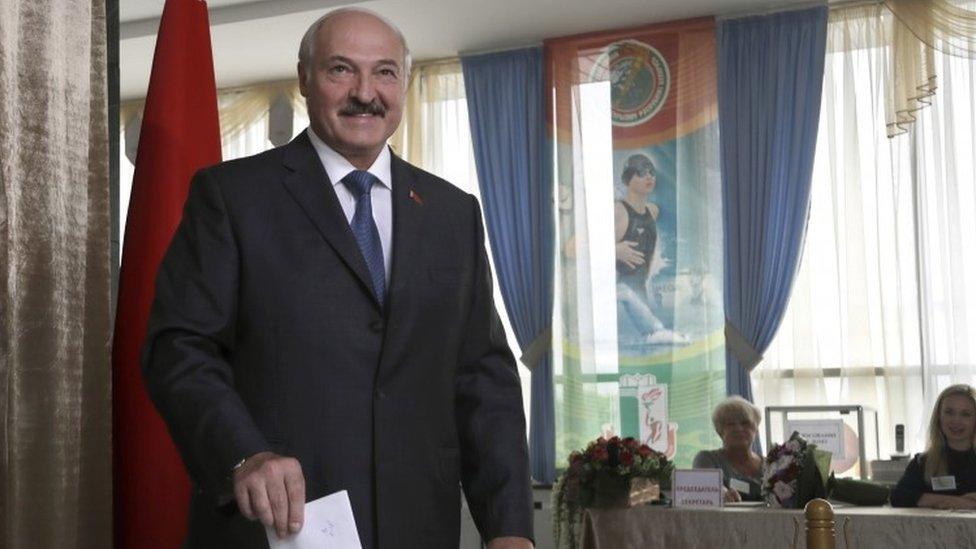
President Lukashenko - pictured voting on Sunday - has been in power since 1994, keeping Belarus strategically close to Russia
A parliamentary election is under way in Belarus, but opposition parties not represented in the chamber for 20 years are sceptical of their chances.
There are 448 candidates for 110 lower-house seats being contested.
While the opposition is not predicted to win any seats, the government has allowed them to register more easily than in previous votes. It wants to build better relations with the West.
Foreign monitors have been granted access to the vote count.
"We've done everything so that there aren't complaints from the Western side. We accommodated their requests," President Alexander Lukashenko told reporters after casting his vote in Minsk.
The last parliamentary elections in 2012 were boycotted by the two main opposition parties. Of the 448 candidates running this time, 200 are from opposition parties.
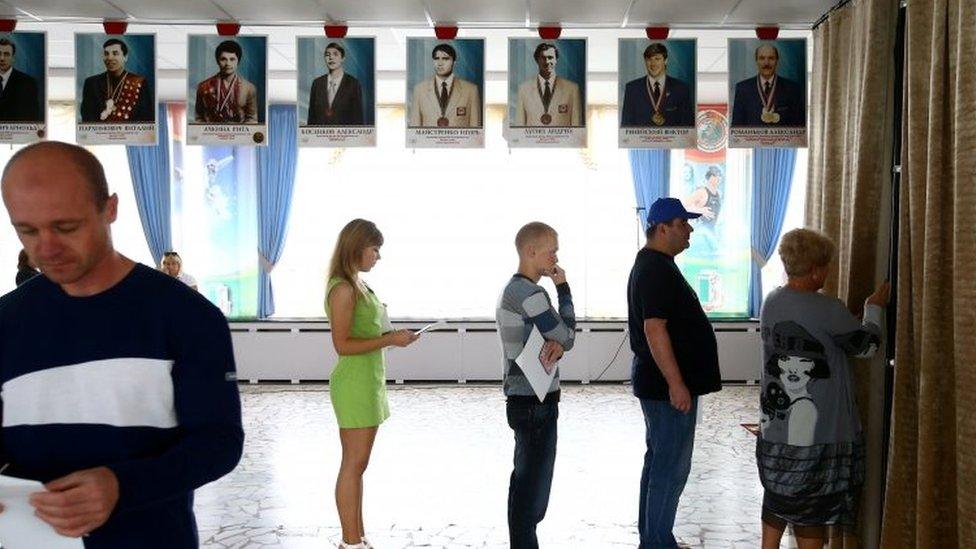
A key issue facing voters is the poor state of the economy
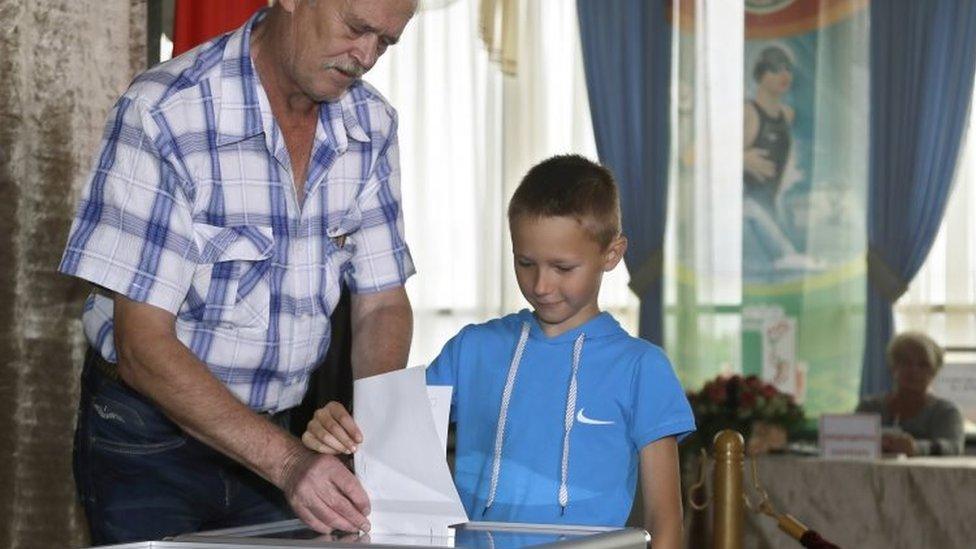
Voters are not expected to elect any opposition parties to the new parliament
Relations between Belarus and the West have improved since the recession-hit country held a peaceful presidential election last October in which Mr Lukashenko won his fifth term with a landslide 83.5% of the vote.
The release of political prisoners and Mr Lukashenko's role in hosting Ukraine-Russia peace talks have also boosted the international reputation of the veteran leader, who was once accused by the the US of running Europe's last dictatorship.
The European Union ended five years of sanctions against Belarus in February, while the US has also relaxed some of its restrictions, saying that more will be dropped if Sunday's vote is fairly handled by the authorities.
But opposition candidates are not confident of success.
"I am convinced that not a single opposition candidate will make it through to parliament," Belarusian Popular Front Chairman Alaksiej Janukievic told the AFP news agency.
"There will only be lawmakers approved by the authorities."
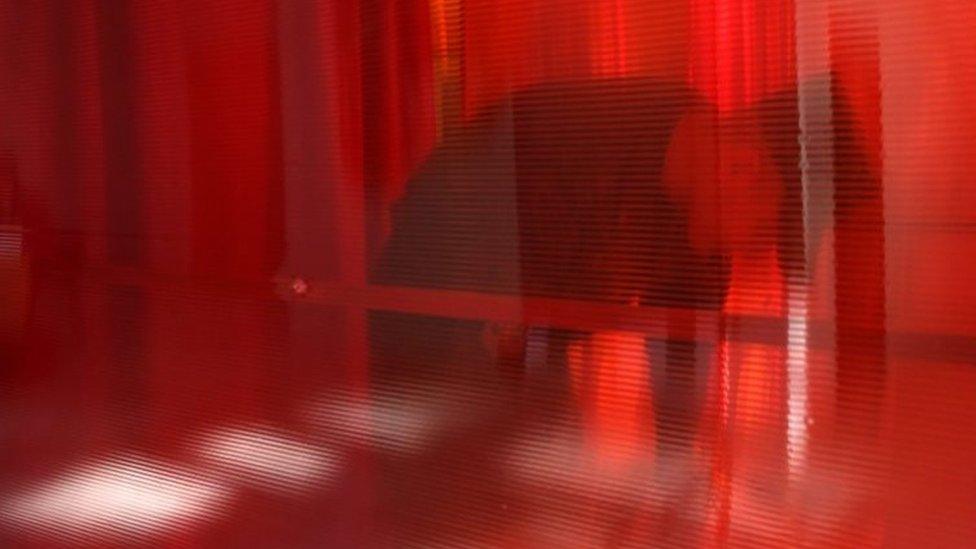
Members of the military could be seen voting on Sunday in Minsk
The inevitable outcome of the election also means that not all Belarus citizens consider it a worthwhile exercise.
"I would have gone and voted if I felt my vote made a difference," businesswoman Irina, 37, told the Reuters news agency.
President Lukashenko has been in power since 1994, keeping the country strategically close to Russia.
But correspondents say that signs of strains in the relationship appeared during Russia's annexation of Crimea from Ukraine in 2014 - and since then President Lukashenko has made overtures to the West.
An economic downturn in Russia allied to declining energy prices and sanctions have battered former Soviet countries including Belarus, where the economy retracted by nearly 4% in 2015.

Belarus profile
Belarus, with seven million voters, in October 2015 held its fifth presidential election in 21 years - and each time Alexander Lukashenko won
The president has not polled less than 75% in any of the five elections
Of the three challengers, two were regarded as "technical" pro-Lukashenko candidates
The only woman among them, Tatsiana Karatkevich, was an activist disowned by almost all opposition parties except her own Tell the Truth movement

- Attribution
- Published8 September 2016
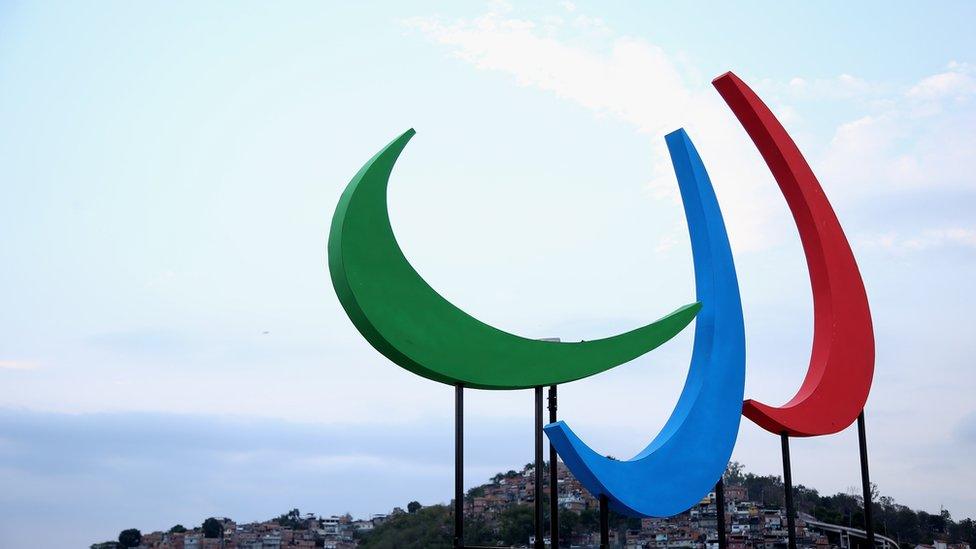
- Published30 October 2015
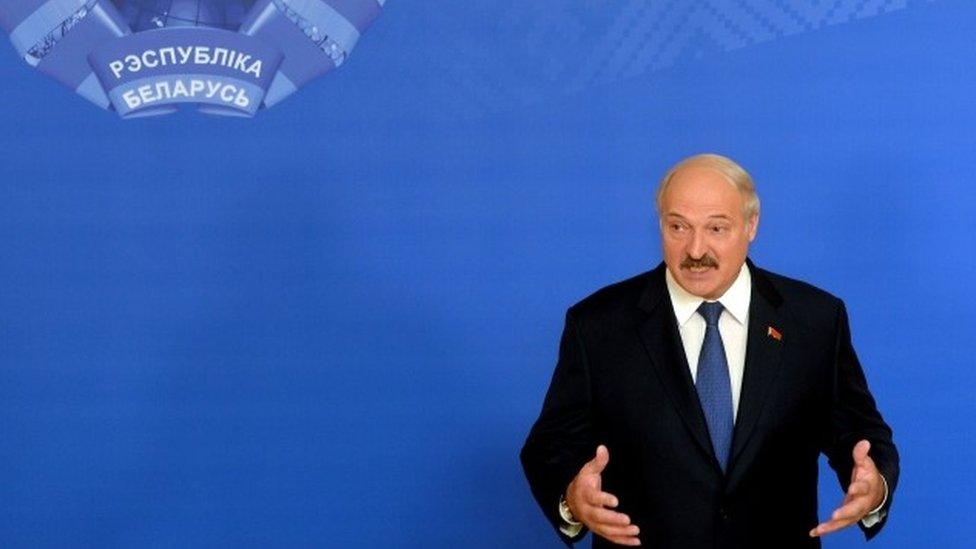
- Published12 October 2015
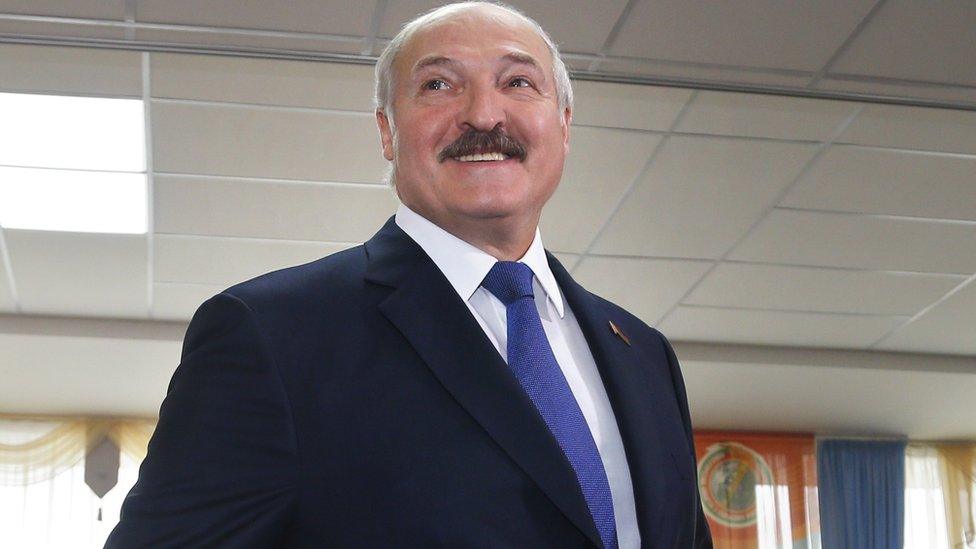
- Published10 October 2015
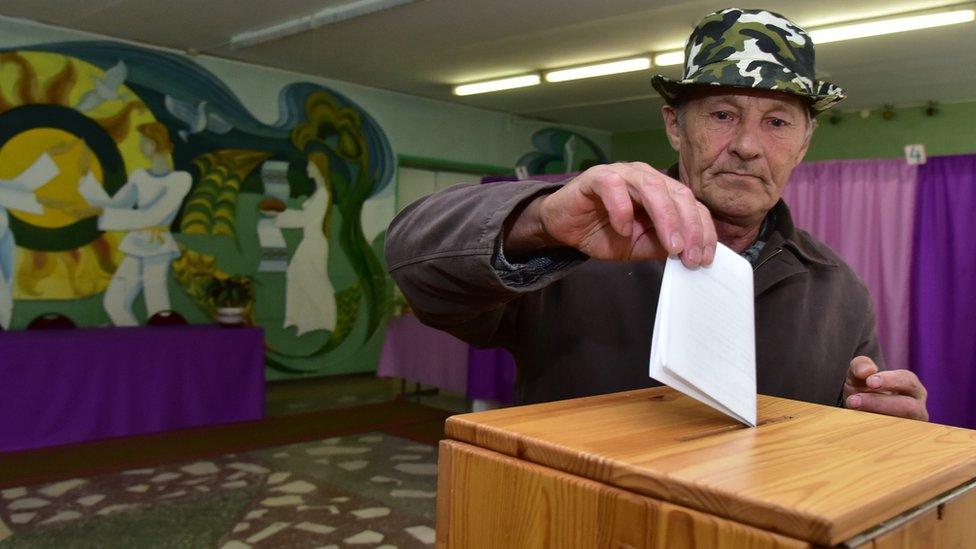
- Published8 October 2015
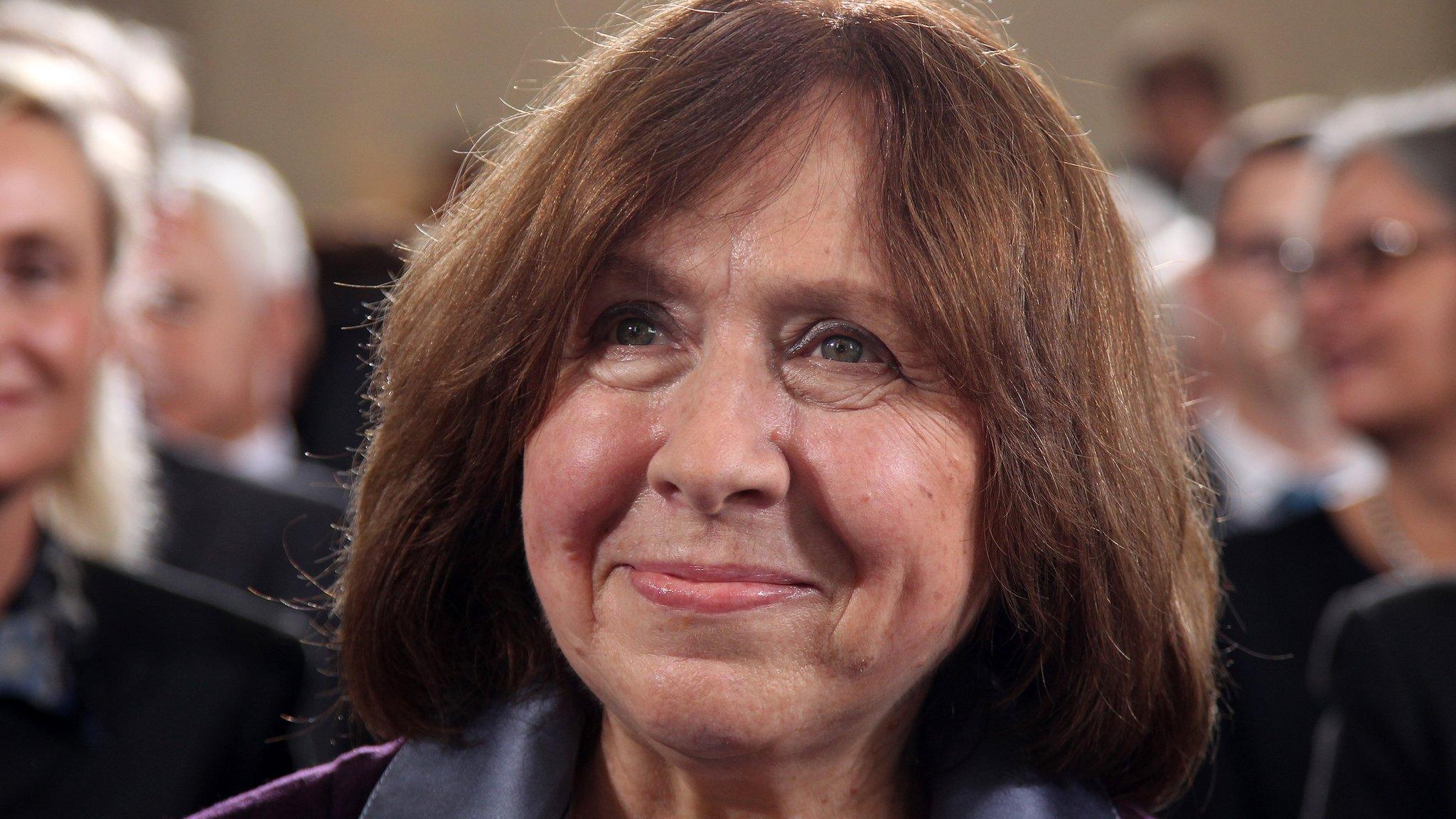
- Published1 October 2015
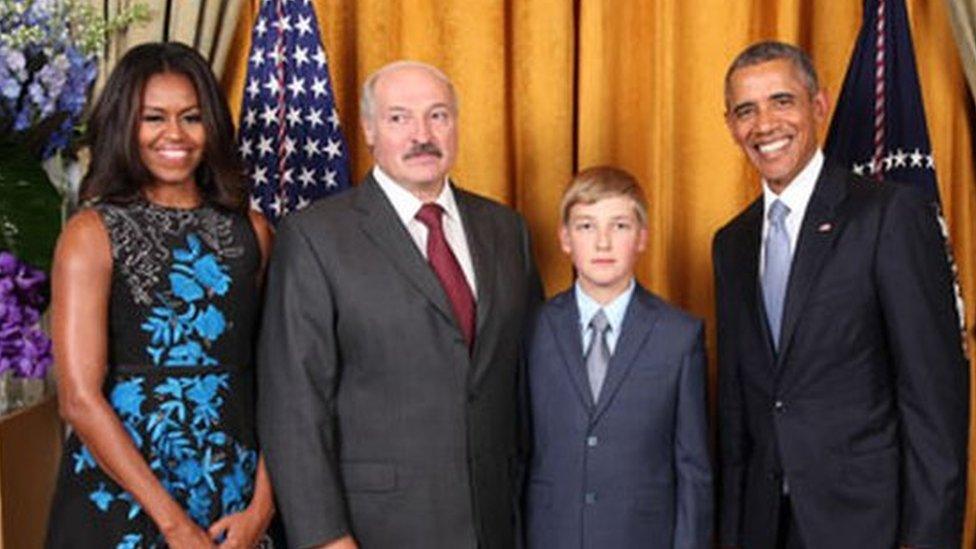
- Published27 January
